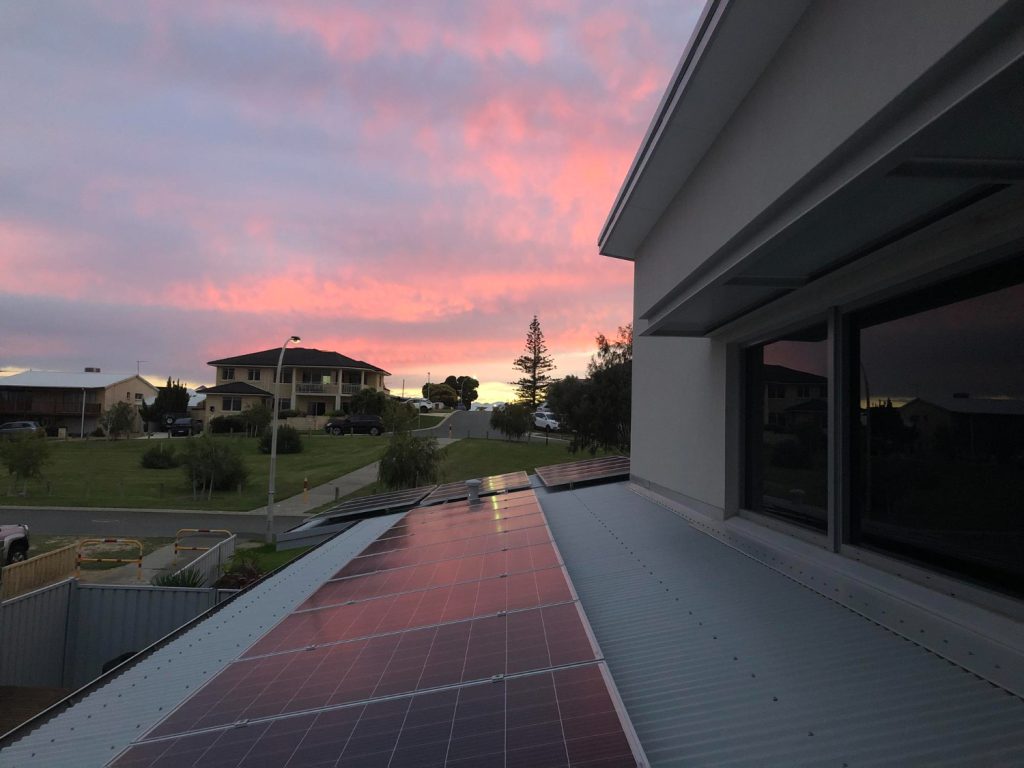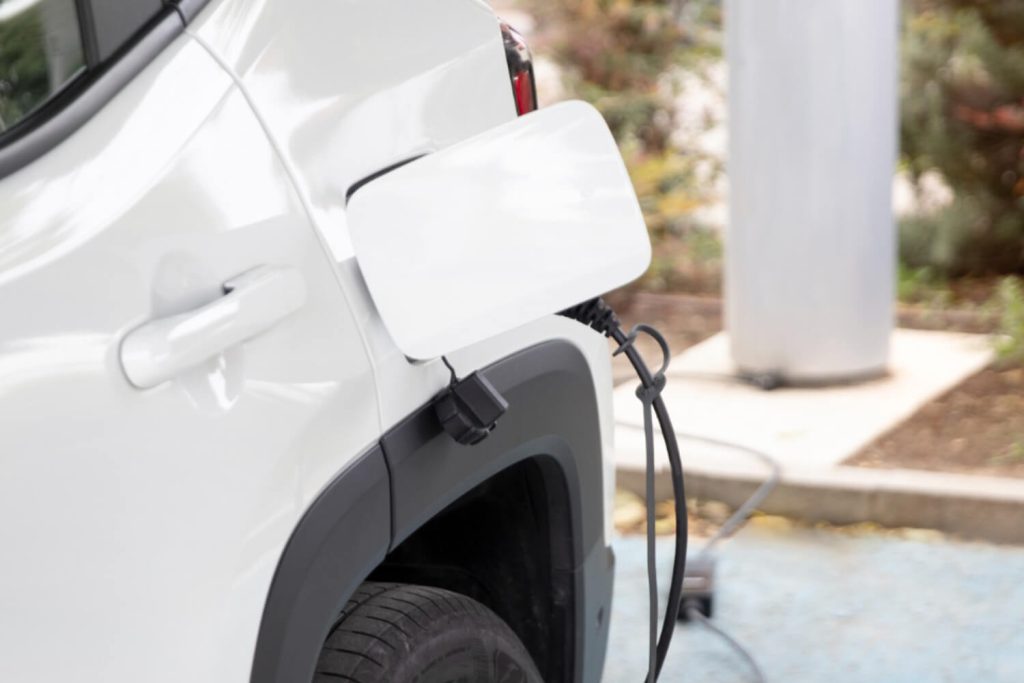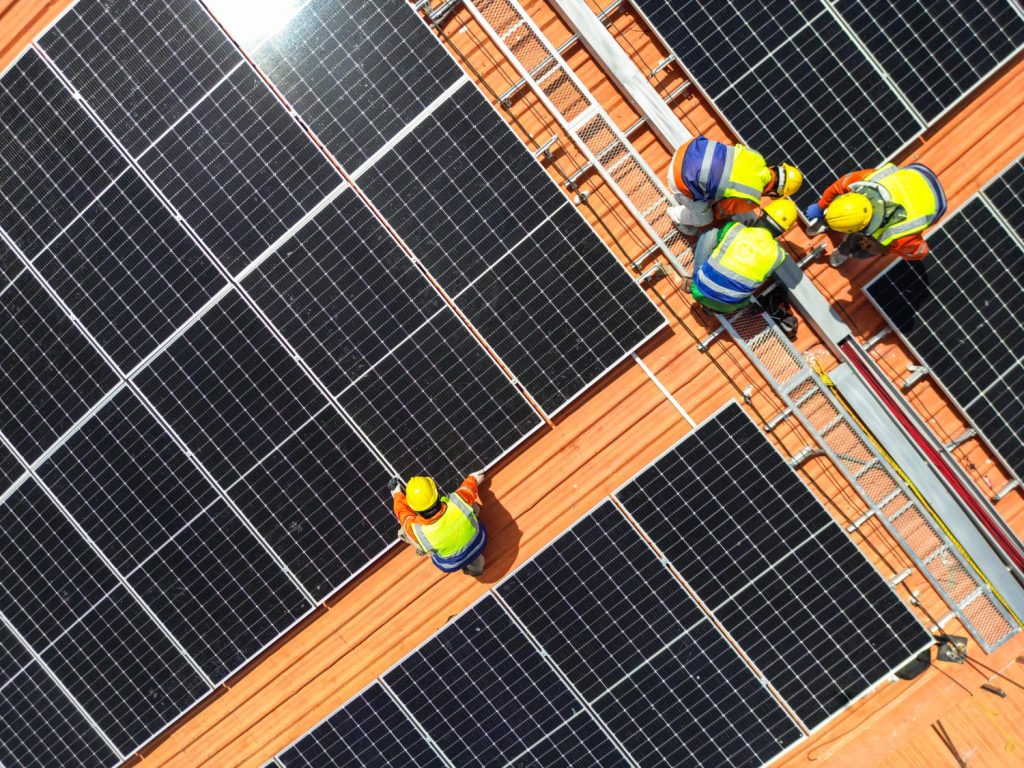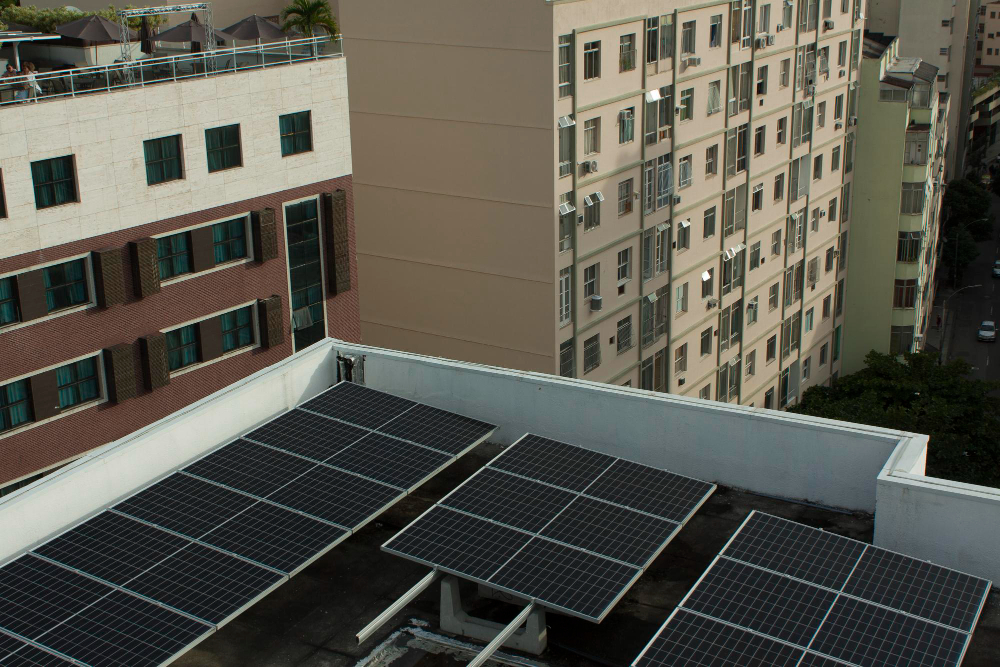Community Solar Programs: How They Work and Their Benefits
As the world shifts towards more sustainable energy sources, community solar programs have emerged as an innovative and inclusive solution. These programs allow multiple participants to benefit from a single solar installation, making solar energy more accessible and affordable. This blog will explore how community solar programs work and their benefits, focusing on key aspects such as residential solar, solar products for home, and the best solar panels available in India. What are Community Solar Programs? Community solar programs, also known as solar gardens or shared solar, enable individuals and businesses to buy or lease a portion of a solar power system located off-site. Participants receive credits on their electricity bills for the energy produced by their share of the solar installation. This model provides a flexible and cost-effective way to access solar energy without the need for individual installations. How Community Solar Programs Work Site Selection and Installation: A suitable site is chosen for the solar array, often on unused land or large rooftops. The system is designed, installed, and maintained by a solar developer or utility company. Participant Enrollment: Community members, including homeowners, renters, and businesses, can subscribe to the program. Participants purchase or lease a portion of the solar array, often measured in kilowatts (kW). Energy Production and Billing: The solar array generates electricity, which is fed into the local power grid. Participants receive credits on their electricity bills based on their share of the energy produced, reducing their overall energy costs. Benefits of Community Solar Programs Accessibility One of the main advantages of community programs is that they make solar energy accessible to a broader audience. Homeowners with shaded roofs, renters, and those with limited financial resources can all participate and benefit from solar energy. Cost Savings By joining a community solar program, participants can enjoy significant savings on their electricity bills. The cost of subscribing to a community solar program is often lower than installing individual solar panels. Additionally, participants can take advantage of bulk purchasing and shared installation costs, which reduces the overall expense. Flexibility Community solar programs offer flexibility in terms of subscription size and commitment. Participants can choose the amount of solar energy they want to subscribe to, based on their energy needs and budget. This flexibility makes it easier for individuals to tailor their participation to their specific circumstances. Environmental Impact Community solar programs contribute to a reduction in greenhouse gas emissions by increasing the adoption of renewable energy. By participating in these programs, community members collectively reduce their reliance on fossil fuels, promoting a cleaner and more sustainable energy future. Support for Local Economies Community solar projects often create jobs and stimulate local economies. From the installation and maintenance of solar panels to the administration of the programs, local communities benefit economically from these initiatives. Choosing the Best Solar Panels Available in India For community solar programs to be successful, it’s crucial to select the best solar panels available in India. High-quality panels ensure efficient energy production and long-term reliability. Some top choices include: Tata Power Solar: Known for their efficiency and durability, Tata Power Solar panels are a reliable choice for community solar projects. Vikram Solar: Offering high-performance panels with excellent warranties, Vikram Solar is another leading option. Waaree Energies: Providing a range of reliable and affordable panels, Waaree Energies is a popular choice for solar projects in India. Integrating Solar Products for Home Community programs complement various solar products for home, enhancing overall energy efficiency and sustainability. These products include: Solar Water Heaters: Reducing electricity consumption by using solar energy to heat water. Solar Lighting Systems: Providing reliable and efficient lighting solutions for both indoor and outdoor use. Solar Inverters: Converting the DC electricity generated by the community solar array into AC electricity used in homes. Home Solar Solutions and Community Solar While these solar programs offer a shared solution, integrating home solar solutions can further maximize energy savings and sustainability. Combining community solar subscriptions with individual solar products and energy-efficient practices can lead to significant reductions in energy costs and environmental impact. Utilizing a Solar Calculator A solar calculator is a valuable tool for individuals considering community programs. By inputting details such as location, energy consumption, and subscription size, a solar calculator can estimate potential savings and benefits. This helps participants make informed decisions about their involvement in community programs. Conclusion Community solar programs represent a forward-thinking approach to making solar energy accessible and affordable for everyone. By understanding how these programs work and their numerous benefits, individuals and communities can make informed decisions to participate and contribute to a sustainable future. Selecting the best solar panels available in India, integrating solar products for home, and using tools like a solar calculator can optimize the benefits of community programs. As more people embrace these initiatives, we move closer to a world powered by clean, renewable energy, ensuring a brighter future for generations to come.














